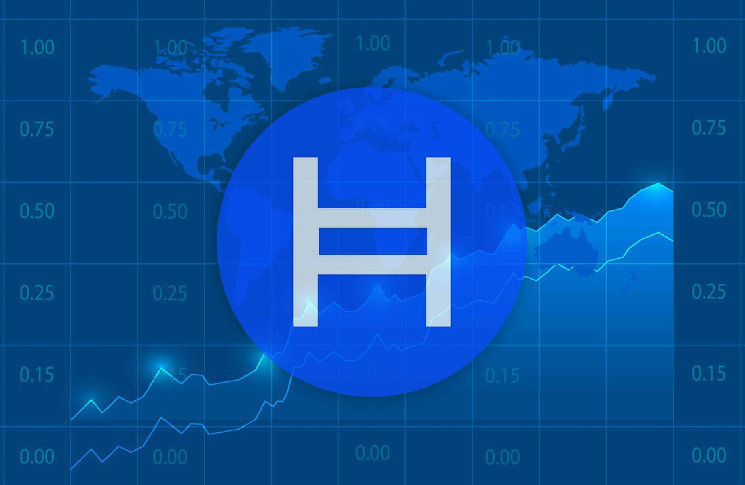- Hedera-powered Decentralized Physical Infrastructure Network (DePIN), Kwik Pik, is ready to conquer the Africa delivery landscape.
- With the power of the Hedera network, the platform has been able to complete 4500+ deliveries, reduce fraud in the industry, and offset carbon emissions.
Kwik Pik, a Hedera-powered Decentralized Physical Infrastructure Network (DePIN), is quickly dominating the African delivery landscape. The Hedera Foundation, which highlighted the project in a recent post, reveals that Kwik Pik has completed more than 4,500 deliveries. Additionally, the platform enjoys 650+ app downloads, 110+ motorbikes under Kwik Pik management, and 25+ paying B2B customers in Nigeria, Ghana, and other African nations.
The Kwik Pik app is a Delivery-as-a-Service (DaaS) DePIN that connects drivers and customers who need their packages sent. By utilizing Hedera’s proof-of-stake public ledger, the platform has enjoyed great benefits. For starters, this approach has helped solve the issue of fragmentation, which has been a big problem in the traditional market, which is both slow and unreliable.
We're excited to announce that @getKwikpik, the @Hedera-based Delivery-as-a-Service (DaaS) #DePIN has launched on the #Hedera mainnet to drive financial inclusion throughout Africa 🌍 pic.twitter.com/SvTR3zvDXk
— HBAR Foundation (@HBAR_foundation) January 25, 2024
Additionally, using the Hedera network and Google Maps, Kwik Pik logs all driver journeys as immutable records on the Hedera Consensus Service (HCS). This has helped reduce the fraud, theft, and loss of items in the industry. The post has also highlighted climate change, stating:
Understanding the importance of climate-focused innovation, Kwik Pik also logs the carbon emissions of all driver journeys on the HCS. This enables the team to offset their carbon footprint and accurately report their ESG data as they move towards a future sustained by electric vehicles (EVs). Carbon emissions can be tracked here.
The team has further highlighted other benefits, including the expansion of market access for local businesses, offering employment opportunities for Africans, the introduction of next-generation payments, and supporting economic growth.
Transactions on the app are made through $KPL to ensure maximum cost efficiency for drivers and users. The $KPL tokens burned into fiat when withdrawn from the mobile application.
Hedera notes that it is committed to driving financial inclusion in Africa. The region could play a key role in the project due to its huge population of youth, its need for financial inclusion, and its fast development to catch up with the rest of the world.
At the time of press, Hedera’s native token, HBAR, is trading at $0.0743 after a nearly 2% surge in the last 24 hours. Sitting at 39th based on market cap, the altcoin has been subject to price changes of large-cap token movements. However, investors remain optimistic that the token will eventually break free based on its technical setup, network developments, adoption, and dedicated community. Investors’ long-term target is a time high of $0.5692 reached nearly two years ago.
